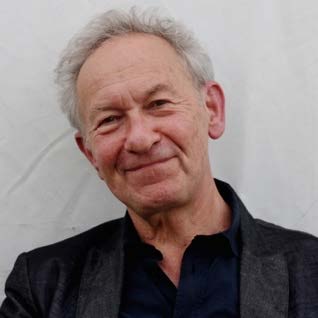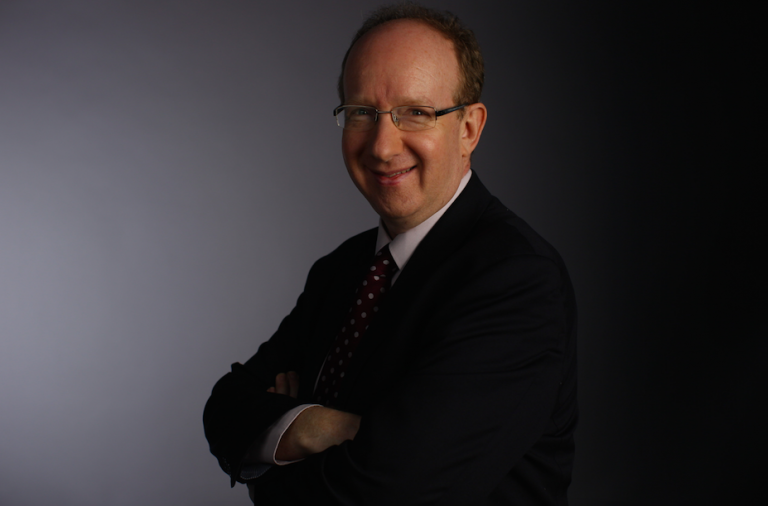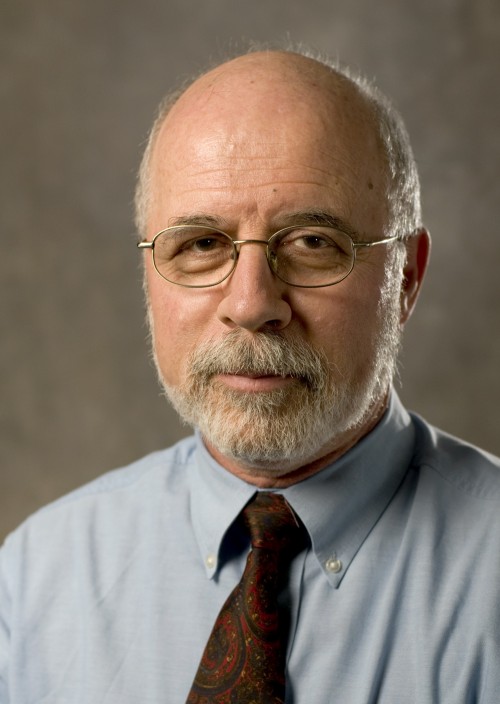The Annual Dinner took place on Monday 4th September 2023.
The Guest Speaker was Professor Sir Simon Schama
In his introduction to Sir Simon’s talk Prof Ian Goodman noted Sir Simon’s past historical contributions, and how this had translated into his most recent book on a medical theme. In his talk Sir Simon illustrated the key feature of his new book, “Foreign Bodies”. He said that humanity is vulnerable, and has been caught out previously – before Covid 19 – between the terror of contagion and the ingenuity of science. His book was set in the eighteenth and nineteenth centuries, when people were desperate for vaccines but fearful of what inoculation may bring. The unsung hero, Waldemar Haffkine, a Jewish student from Odessa who became a microbiologist at the Pasteur Institute, was hailed in England at the 1899 Maccabean Dinner as “the saviour of Mankind” for vaccinating millions against cholera and bubonic plague in British India. He was cold-shouldered by the medical establishment but created the world’s first mass production line of vaccines in Mumbai. Tragically he was brought down in an act of shocking injustice. He said that as we face the challenges of our times together, “there are no foreigners, only familiars”. Human achievement has been circumscribed by what we have done to nature and what it has done to us. Prof Maralyn Druce proposed a vote of thanks to Sir Simon for his thought-provoking and inspiring talk.
Professor Sir Simon Schama, University Professor of Art History and History, was educated at Christ’s College, Cambridge and taught at Cambridge, Oxford, and Harvard before coming to Columbia in 1993.
His courses have addressed the British Empire, English and French art and politics, the Gothic Revival in England, Ruskin, and Victorian culture. Publications include: A History of Britain (3 vols., 2000-2002); Patriots and Liberators (1977); The Embarrassment of Riches (1987); Citizens (1989); Dead Certainties: Unwarranted Speculations (1991); Landscape and Memory (1995); Rembrandt’s Eyes (1999); Hang-Ups: Essays on Painting (Mostly) (2004); and Rough Crossings: Britain, the Slaves and the American Revolution (2006), which won the National Book Critics Circle Award for non-fiction in 2007.
His award-winning 15-part television series, “A History of Britain,” was broadcast on the BBC and the History Channel from 2000 to 2002, and a new series, “The Power of Art,” on PBS and BBC in 2006 and 2007. He served as Vice President of PEN American Center from 1994 to 1996, and from 1995 to 1998 he was art critic of The New Yorker magazine, for which he continues to write.
In 2019 he was knighted for services to history. Throughout his distinguished career Prof Schama has contributed significantly to Jewish history. One of his first books was about Two Rothschilds and the Land of Israel (1978). Two major volumes about the History of the Jews (1000 BCE – 1492 and 1492 – 1900) and the BBC television series “The Story of the Jews” have appeared since 2000. His most recent book is on the highly topical subject of “Foreign Bodies: Pandemics, Vaccines and the Health of Nations “ (2023) which brings together aspects of medical, cultural, British and Jewish history.




